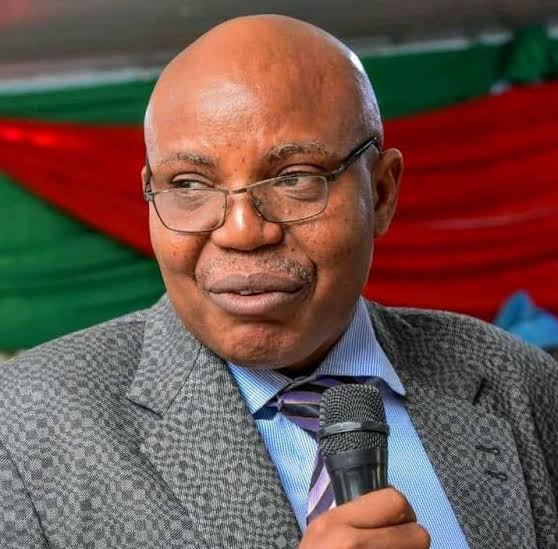The National Chairman of the Academic Staff Union of Secondary Schools (ASUSS), Comrade Sola Adigun, has expressed deep concern over what he described as the “declining integrity” of the West African Examinations Council (WAEC), warning that recent controversies surrounding the body risk jeopardising the future of Nigerian students.
Speaking on Adamimogo 105.1 FM’s Inside Scoop on Monday, August 11, 2025, Adigun criticised the council’s recent handling of examination results, describing the situation as “very, very appalling.”
According to him, WAEC, once a respected pillar in the education sector has seen its reputation erode in recent years. He cited the sudden release of a new set of results less than a week after an initial publication, a move he said has further diminished public trust.
“We are losing confidence in this examination body, and that’s dangerous for our candidates. When stakeholders, both locally and internationally, begin to doubt WAEC, we are putting the future of our children at risk,” Adigun said.
While stressing that ASUS could not completely absolve its members from blame, Adigun told the Ibadan-based radio station that the union had already submitted a memo reacting to the first set of results before the second release was announced. He disclosed that ASUS was compiling evidence to present to WAEC, including reports of irregular examination conditions.
“In Benue State, students wrote exams at 7 p.m., and in some places at 11 p.m., using torchlights. This is an examination that determines their educational progress. It’s quite unfortunate,” he lamented.
The ASUSS boss maintained that the problems plaguing WAEC reflect wider systemic issues in Nigeria, particularly the tendency of those in leadership positions to evade responsibility.
“From my own experience, students are often taken for granted because they have no voice. Whether it’s teachers, the examination body, or other stakeholders, we tend to overlook their rights,” he noted.
Responding to calls for the recent examinations to be cancelled and re-conducted due to mass failure, Adigun strongly opposed the idea.
“That would be the greatest injustice. Some students performed excellently despite the challenges. Instead of cancellation, WAEC should review where the errors occurred, correct them, and ensure better preparation in the future,” he advised.
He concluded by urging WAEC to test-run any new examination systems or policies before full implementation, warning that “an examination can be equal to the life of a student” and should be treated with the utmost seriousness








